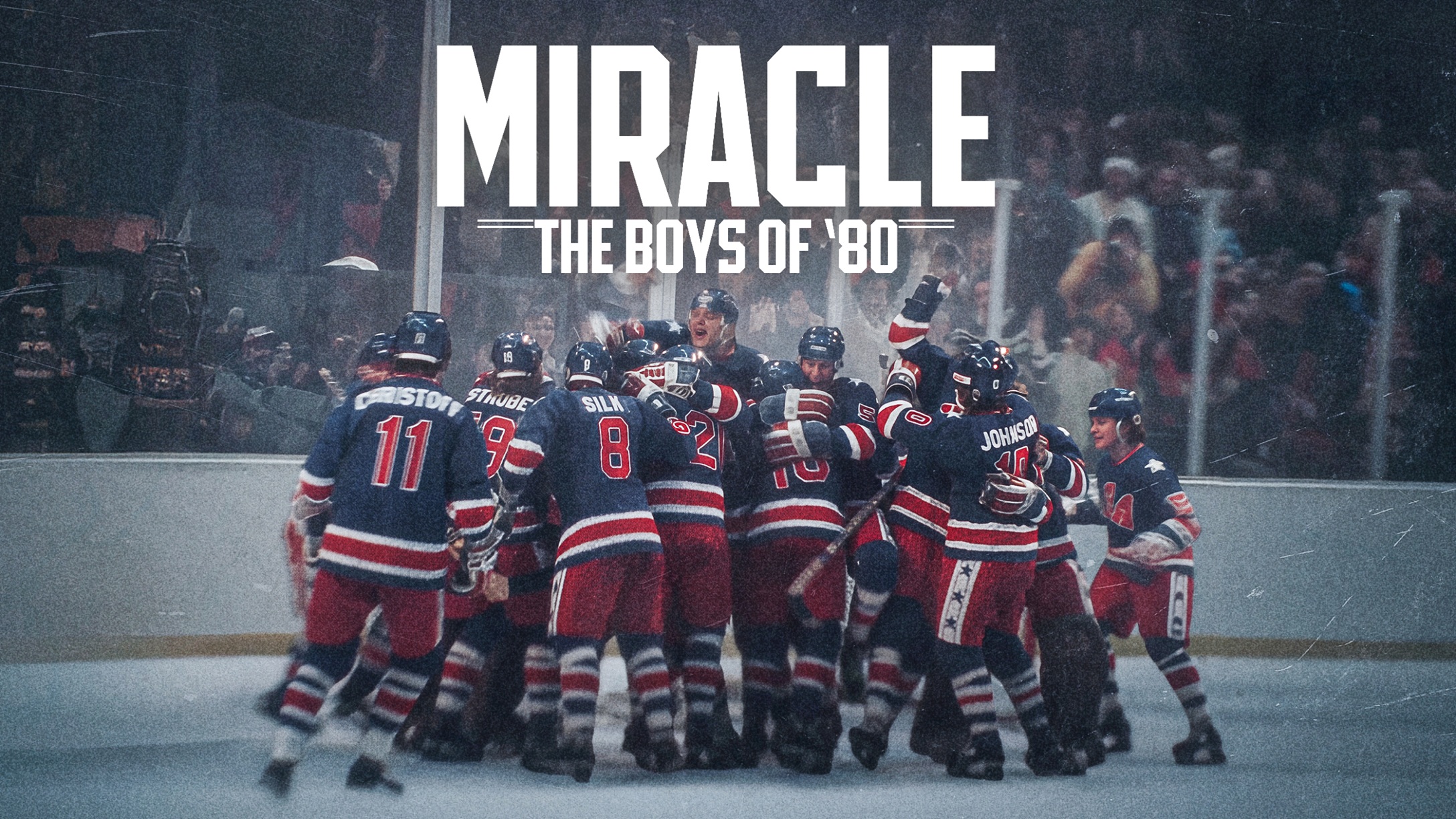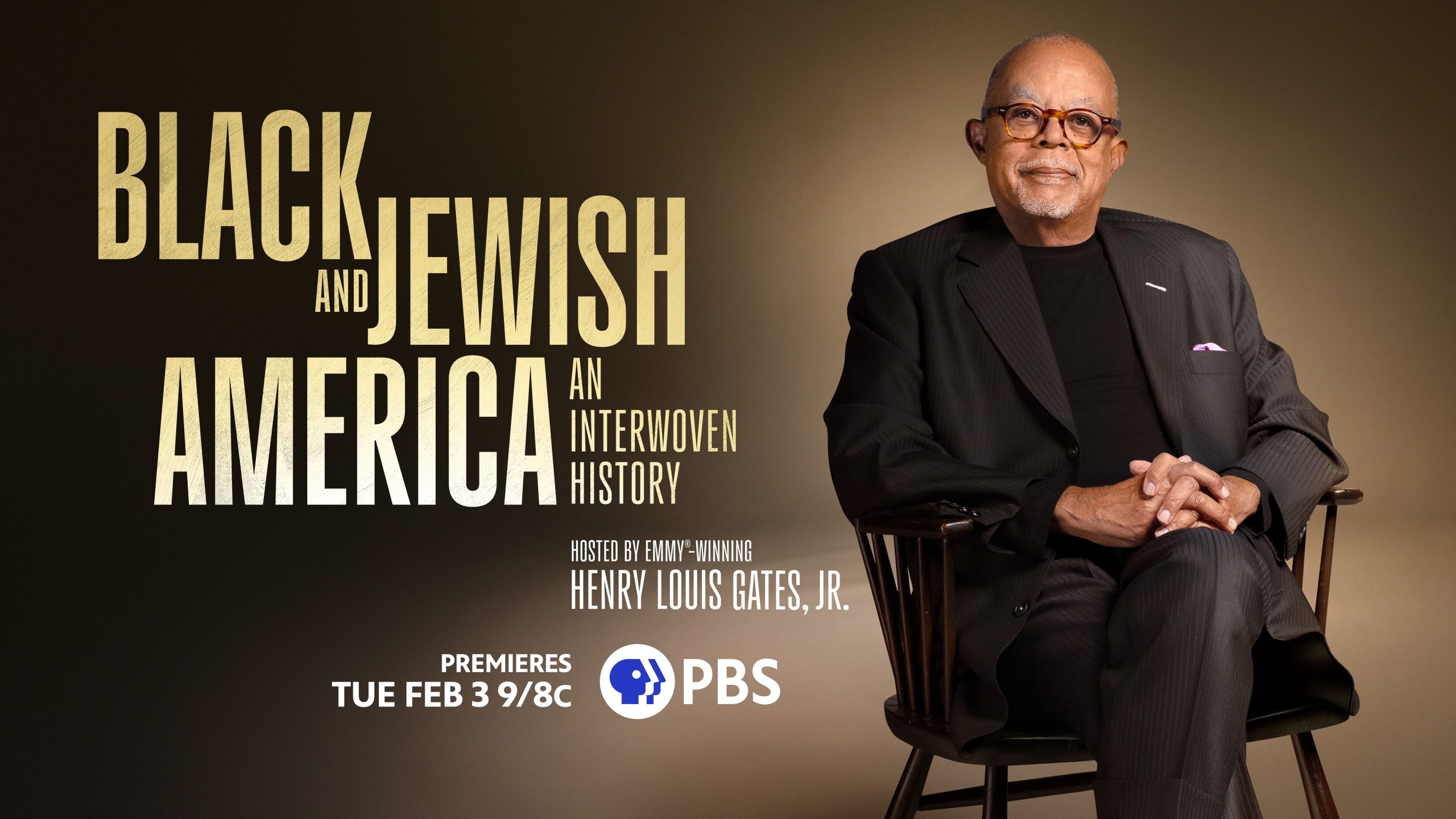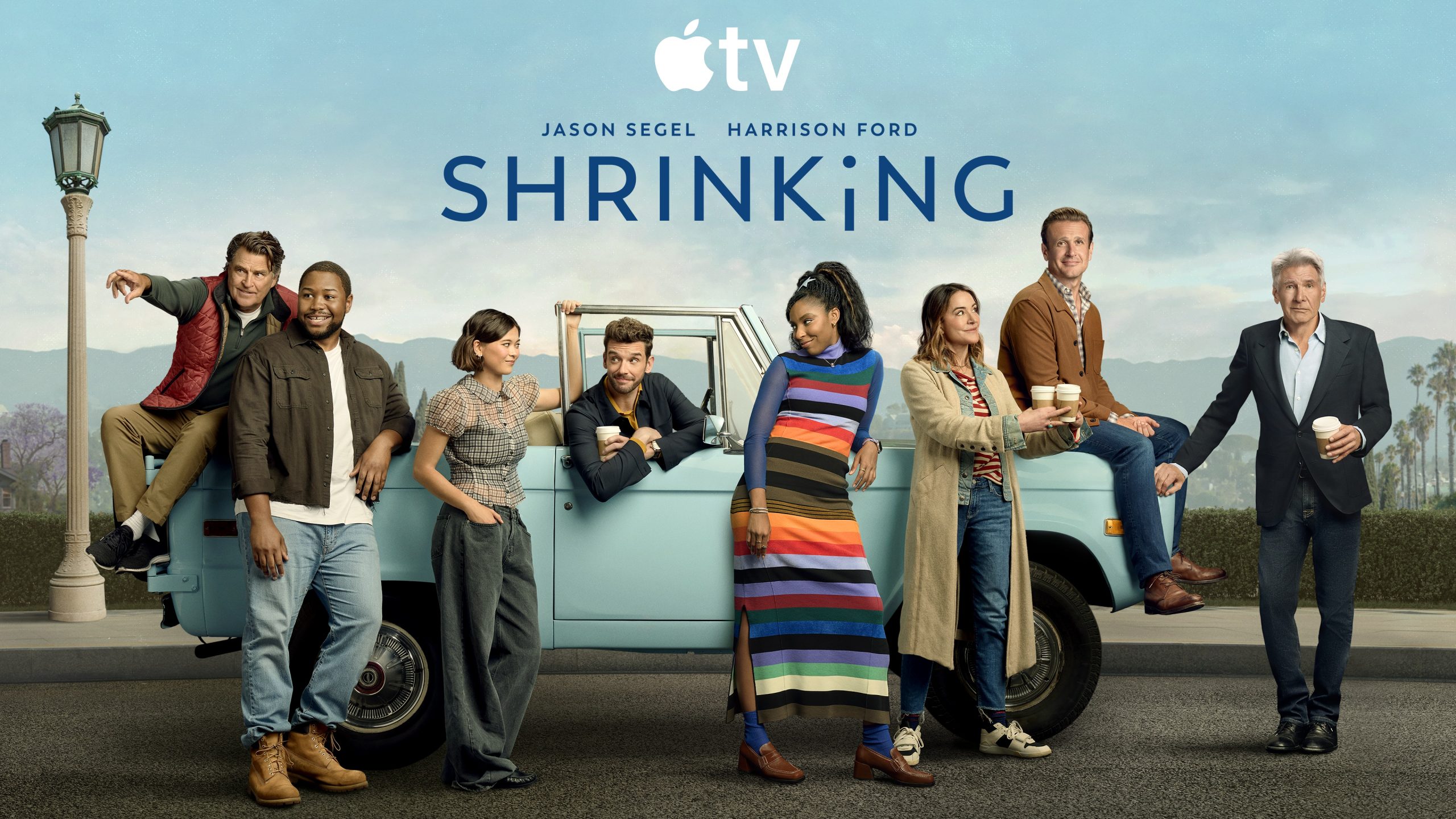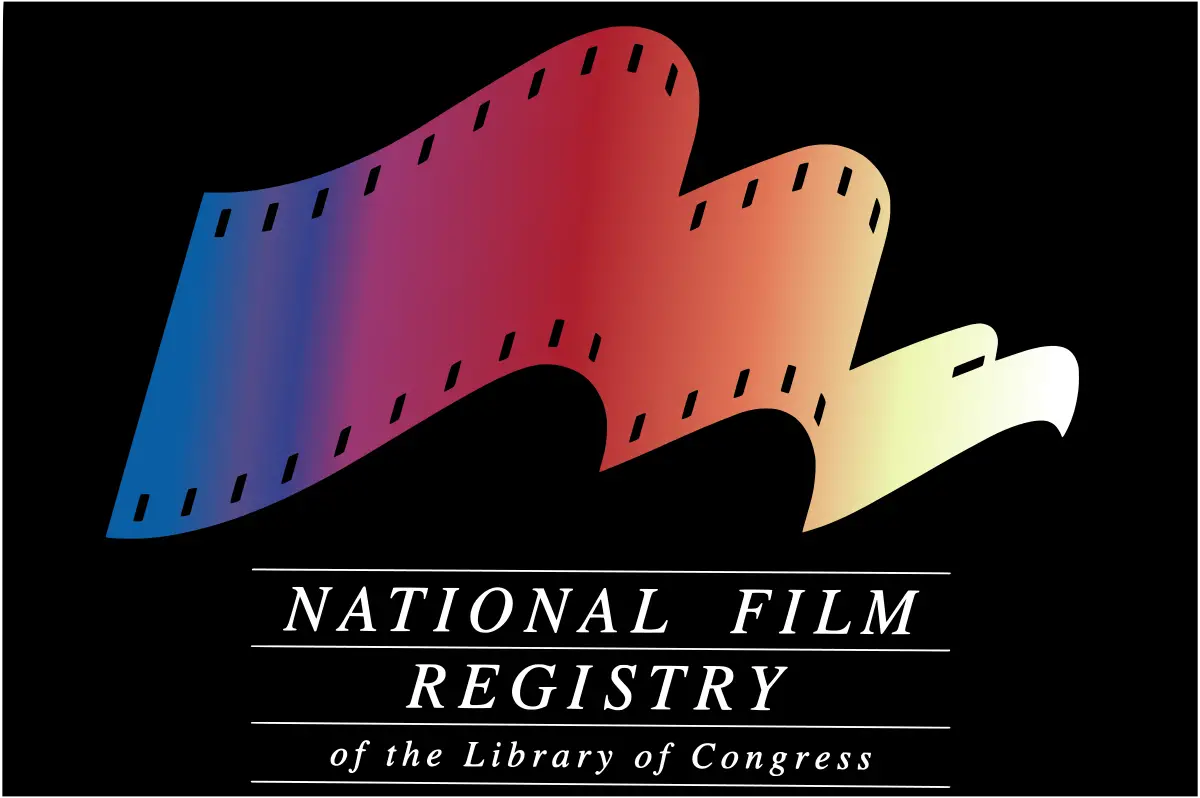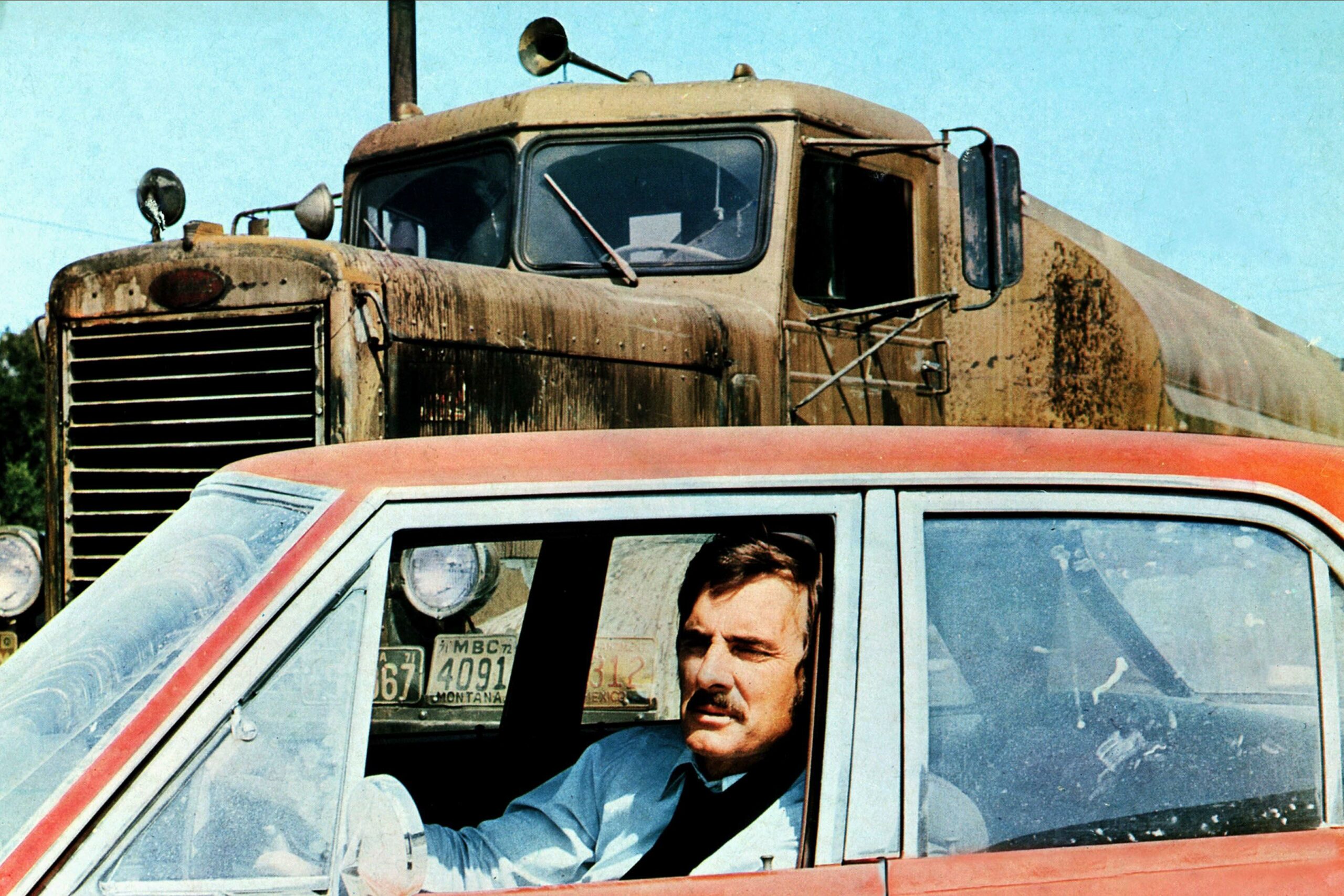
Duel is the made-for-TV Hitchcock-esque thriller on the road that started it all for Oscar-winning filmmaker Steven Spielberg.
I meant to watch the film ahead of The Fabelmans premiering in Toronto. Instead, my rewatch comes just before the film expands into a wide release. It’s funny to think that we owe a Playboy magazine for his first foray as a feature filmmaker. And yet, it is a Richard Matheson short story that would lead to bigger and better things for the filmmaker. As Spielberg comments in the documentary, without Duel, he wouldn’t make The Sugarland Express or Jaws. At the same time, there is no way he could make the film in the same way today–certainly not in 10-13 days. He’s grown as a filmmaker and so the film would almost certainly be different if they were made again today. Where he makes Duel early in his career, he wouldn’t have been able to make films like Schindler’s List or Saving Private Ryan that early in his career.
Spielberg didn’t see it as a horror movie or a Western. Instead, he saw it as a cat-and-mouse game between David Mann (Dennis Weaver) and the truck driver (Carey Loftin). There were seven trucks for Spielberg to choose from and he certainly chose the most thrilling of them all. When you look at this one, it’s retro-looking but appears to have a face. Looking back, what impresses me the most is that Spielberg shoots it on location in ten days. Spielberg preferred against shooting on a soundstage with “bad processing.” Ultimately, he goes two or three days over schedule but it’s still an impressive piece of filmmaking for the first time out. The trick to staying as close to schedule was utilizing multiple camera. He also brings in camera car invented by Pat Houstis for Bullitt.
Aside from three different shots, we don’t really see the truck driver. As a result, it feels that the truck itself is the film’s villain rather than the driver. We don’t even know why the driver is behaving in such manner. Something that I love about the film is its use of sound. Being a rookie feature filmmaker at the time, Spielberg chooses to focus on the visuals rather than dialogue. Spielberg uses Billy Goldenberg’s score minimally while focusing on the natural sounds. Go figure that much of the original score was not used in the film. However, it’s very much in the vein of a thriller whenever we hear it on the screen.
Interestingly enough, the only way to get the overseas release in theaters at the time was by extending the film to 90 minutes. Until then, the film ran around 74 minutes for the television broadcast. As such, Universal asked Spielberg to shoot some more scenes. The longer version is the only version of the film that I’ve ever watched. Per Spielberg, they had five editors working on the film in order to make the air date on ABC some ten days after wrapping. The film is what he referred to as “the roadkill equivalent of High Noon.”
Funny enough, Spielberg would bring back Lucille Benson in a similar scene at the same location in 1941. He would also bring back Alexander Lockwood and Amy Douglass for Close Encounters of the Third Kind. Spielberg would also use the dinosaur roar–when the truck rolls over–in the last scene of Jaws.
Duel might not have meant much at the time of its ABC premiere but cinephiles owe a lot to the film because it launched Steven Spielberg’s professional career as a feature filmmaker. Prior to the film, he had directed a feature-length episode of The Name of the Game–unfortunately, it’s never been released on home video or as a stand-alone film.
DIRECTOR: Steven Spielberg
SCREENWRITER: Richard Matheson
CAST: Dennis Weaver
Duel premiered November 13, 1971 on ABC. An extended version would later be released in theaters. Grade: 4/5
Please subscribe to Solzy at the Movies on Substack.
